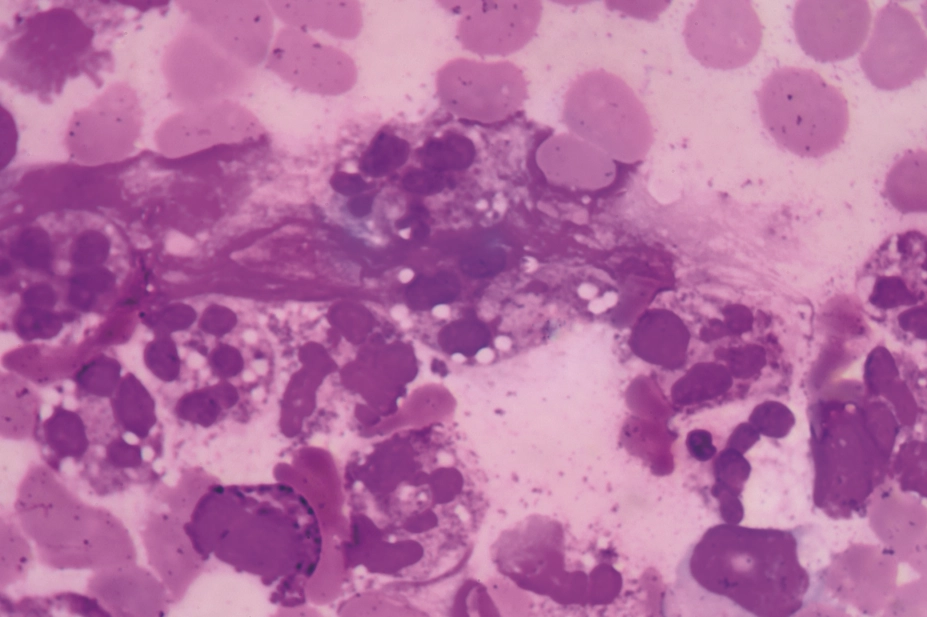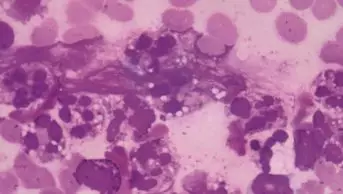
Shutterstock.com
Glucocorticoids have been used as adjuvant therapy in septic shock for more than 40 years, but there is still no consistent evidence for or against this practice.
In a paper published in the New England Journal of Medicine (19 January 2018), researchers randomly assigned 3,800 patients with septic shock who were undergoing mechanical ventilation to continuous infusion of hydrocortisone 200mg/day or placebo for seven days, or until death or discharge from intensive care.[1]
After 90 days, they found there was no significant difference between the hydrocortisone and placebo groups in terms of rate of death from any cause (27.9% and 28.8%, respectively). However, patients in the hydrocortisone group had faster resolution of shock, spent less time in intensive care and were less likely to receive a blood transfusion, compared with those in the placebo group.
The team said the results indicate that there may be some benefits to glucocorticoids for septic shock, but these do not extend to lowering 90-day mortality.
References
[1] Venkatesh B, Finfer S, Cohen J, et al. Adjunctive glucocorticoid therapy in patients with septic shock. N Engl J Med 2018. doi: 10.1056/NEJMoa1705835


